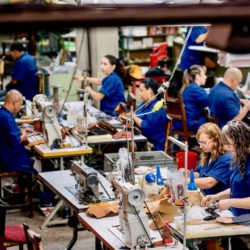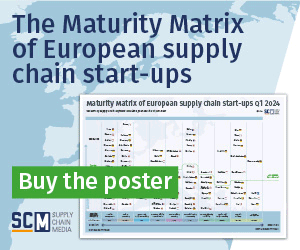European Commission bill for fair supply chain obliges entrepreneurs to behave responsibly

Members of the European Parliament want to ban products made with forced (child) labour from the internal European market. For retail and trading companies, identifying and ‘cleaning-up’ their supply chain will be a major challenge.
In February 2022, the European Commission made proposals to ensure that companies have a responsible supply chain. This mainly concerns the impact of business activities on the environment and the working conditions. The proposal is aimed at promoting sustainable and responsible behaviour by companies throughout the global value chain and lays the foundation for new European legislation expected in September this year.
The current lack of an EU-wide approach puts companies that are proactive in social and environmental issues at a disadvantage. It doesn’t give them a competitive advantage even though they contribute to a better world. The new rules provide legal certainty and a level playing field. For consumers and investors, the new law provides more transparency.
Abuses
The law obliges companies that want to operate on the European market to investigate their entire supply chain. If they encounter malpractices they have a duty to eliminate them. Take for example, the Rana Plaza clothing factory disaster in Bangladesh (2013), or the outcry about Nike trainers that were allegedly produced in Chinese labour camps. Currently, a retailer can still hide behind the position that a factory in Bangladesh must comply with Bangladeshi law.
In the event of any malpractices, companies themselves must discuss this with the victims or those involved. If the company fails to do so, a national regulator in the relevant EU country can take action and a national court can impose a fine on the company. Victims can also take legal action for compensation for damages that could have been avoided if appropriate measures had been taken.
Level playing field
The law that the European Commission wants to introduce is essential for the realisation of a fair supply chain. It creates a level playing field for (large) retail and trading companies. Thanks to the new law, it will become more important for companies to have their ‘bookkeeping’ in order. This certainly includes identifying potential risks in the supply chain in terms of human rights and the environment and reducing or even avoiding these risks.
Dirk Mulder, Sector Banker Trade & Retail at ING









